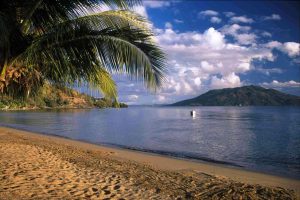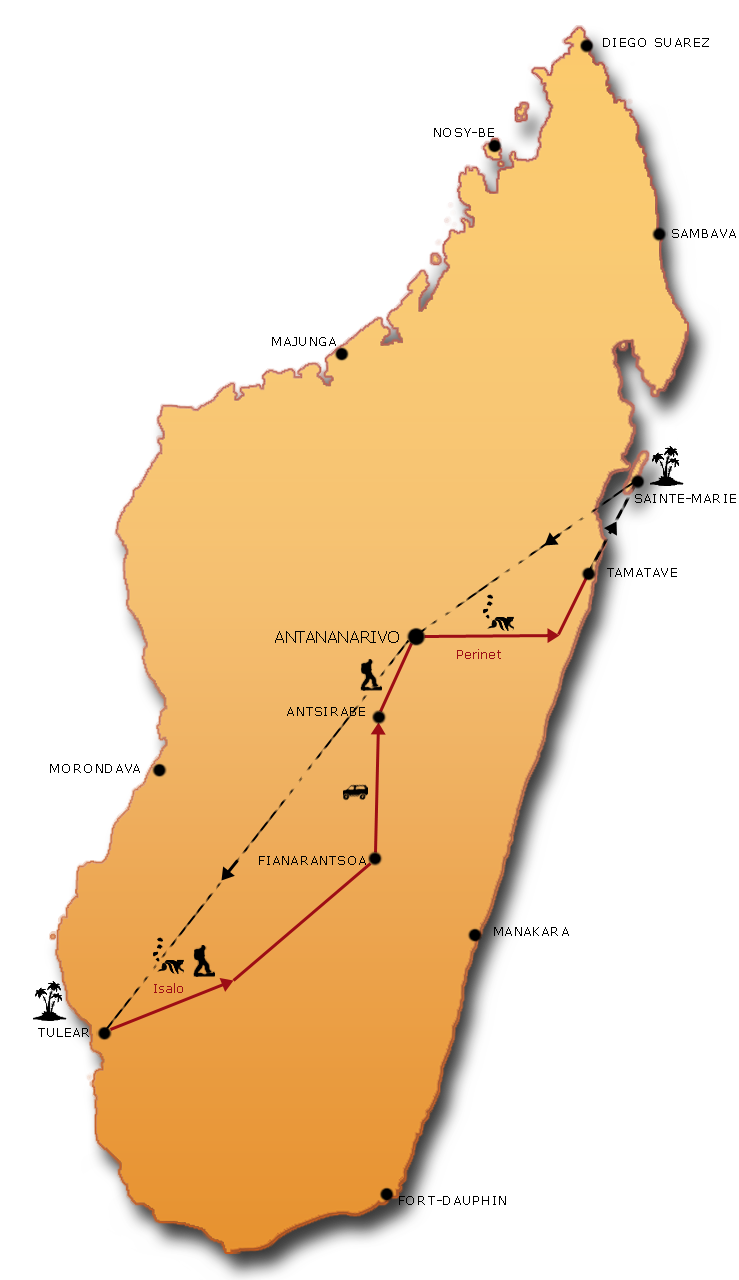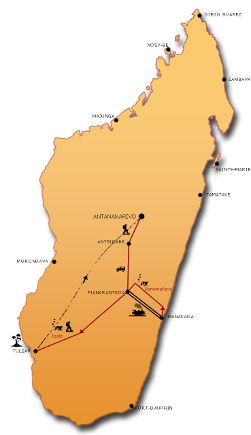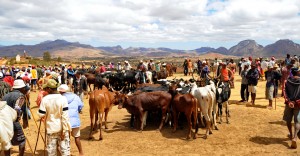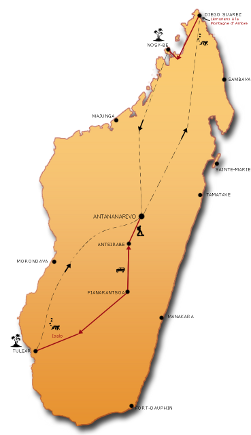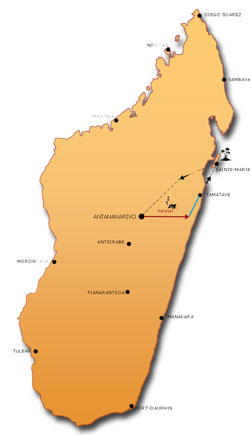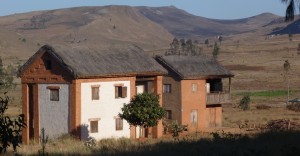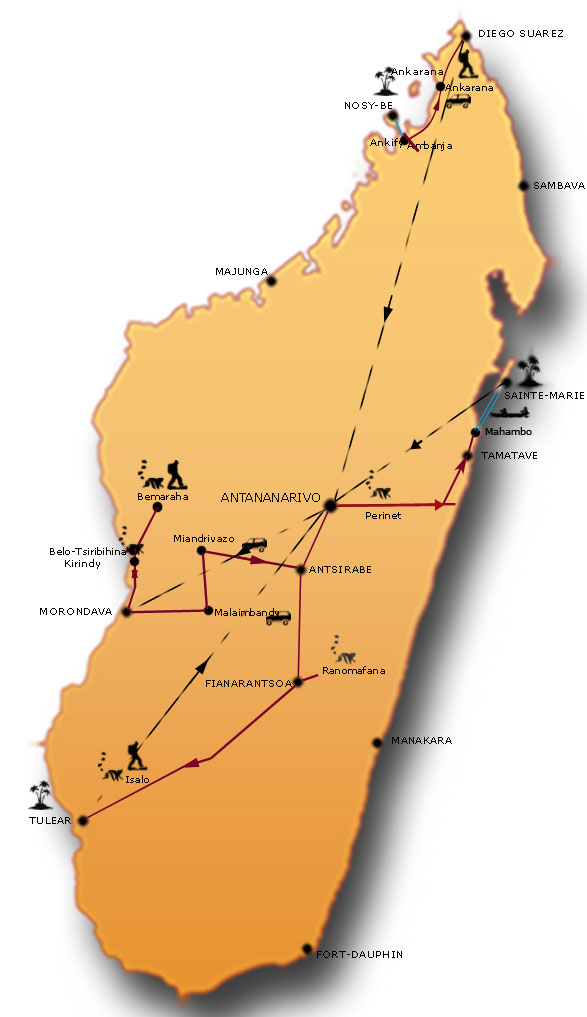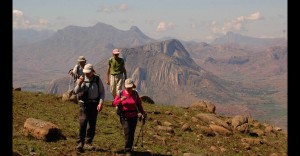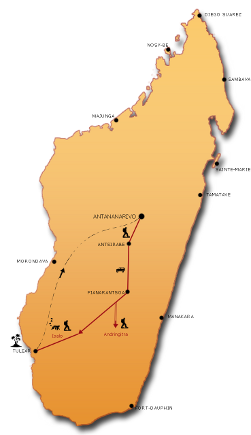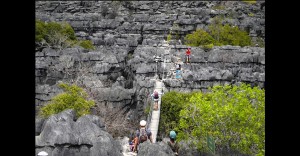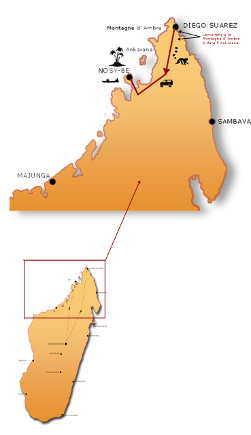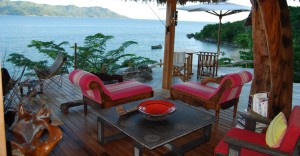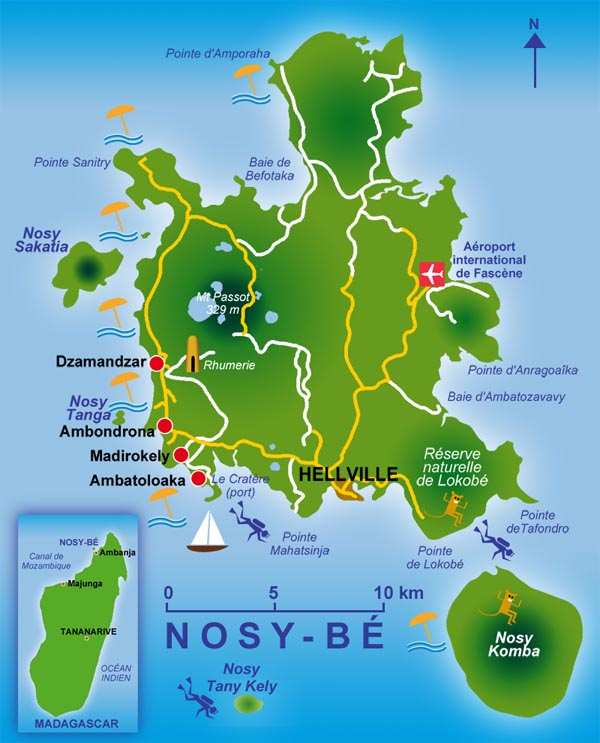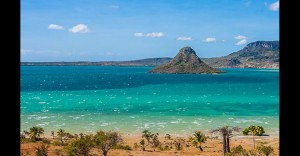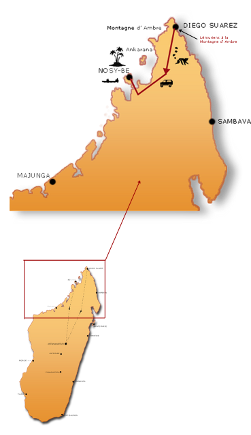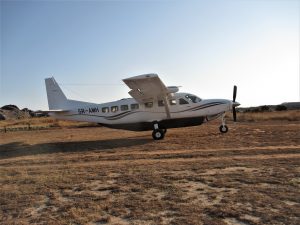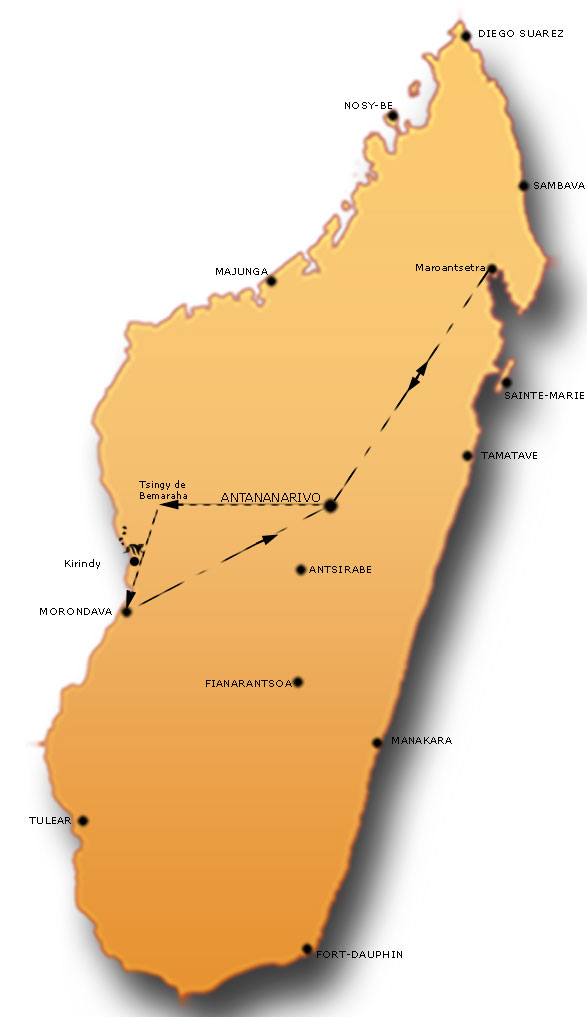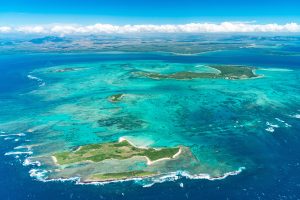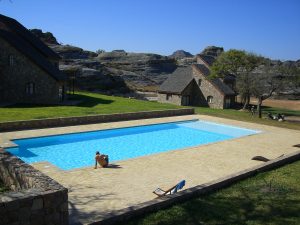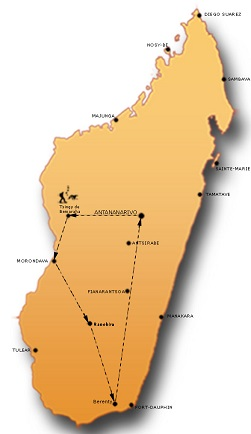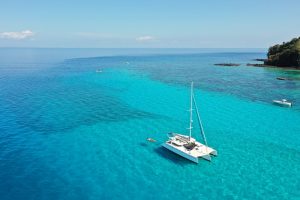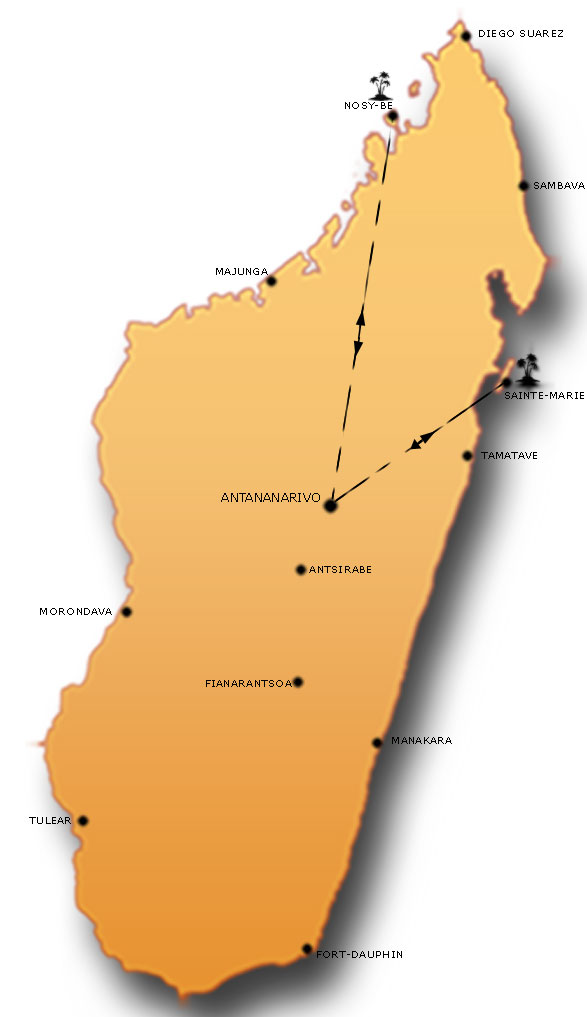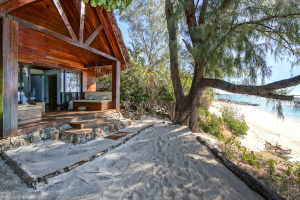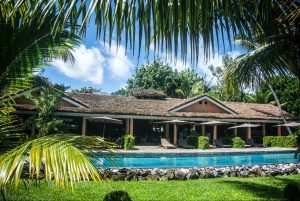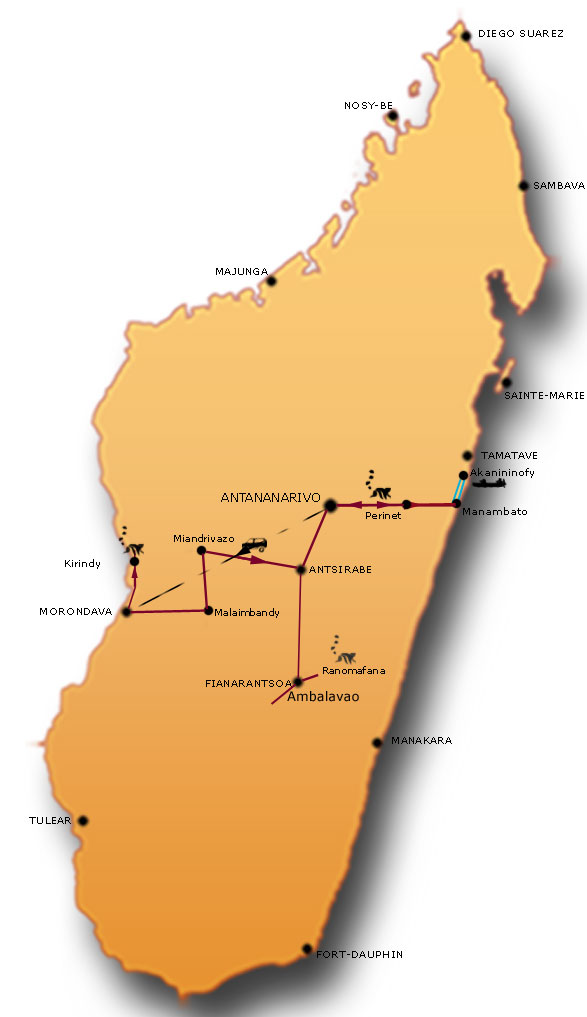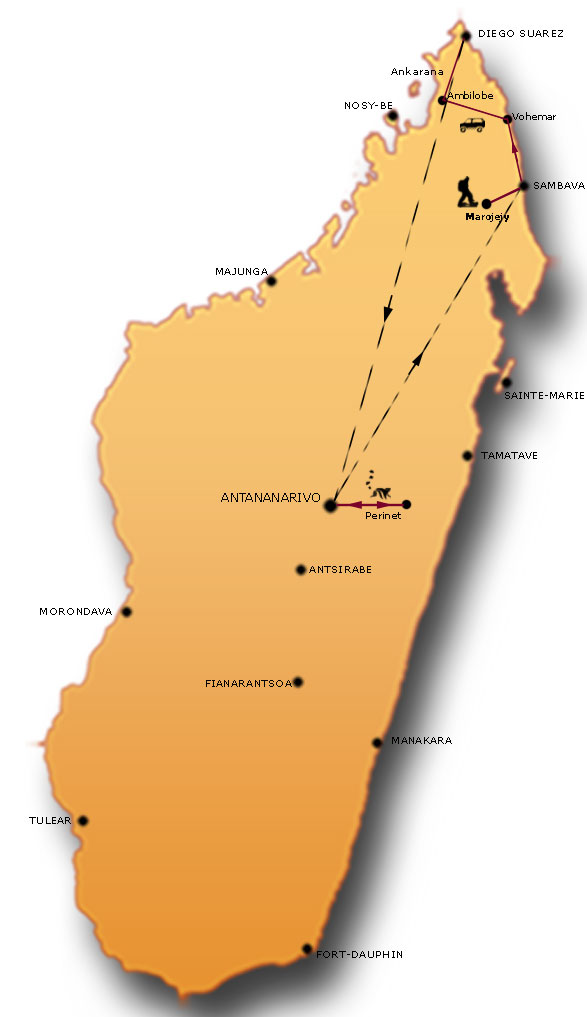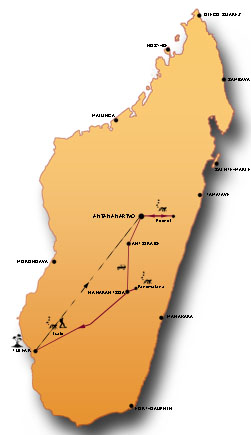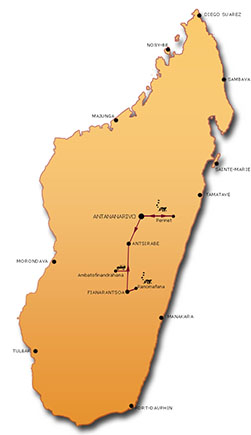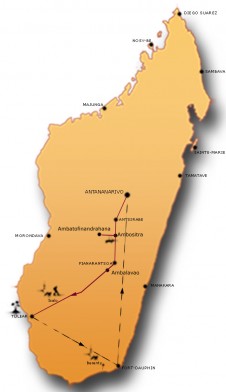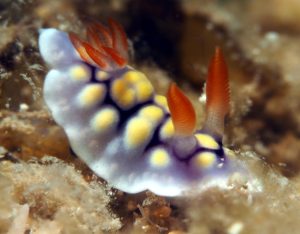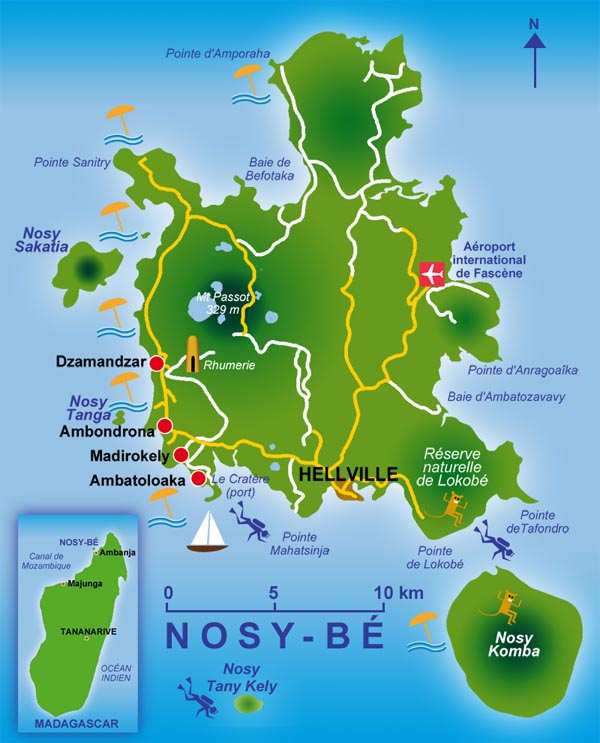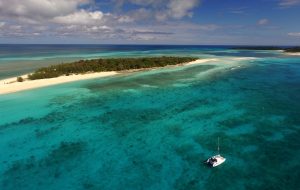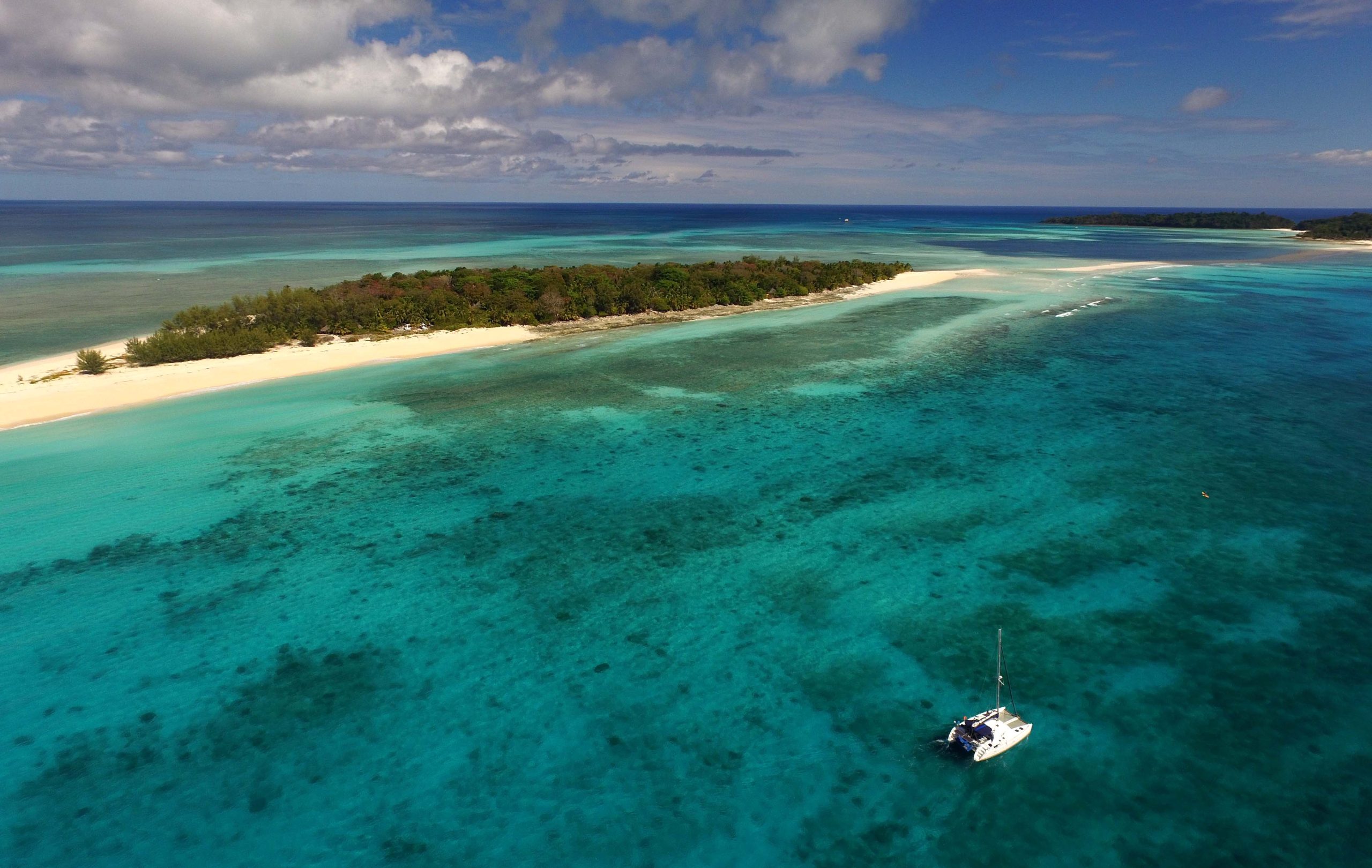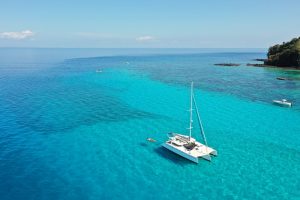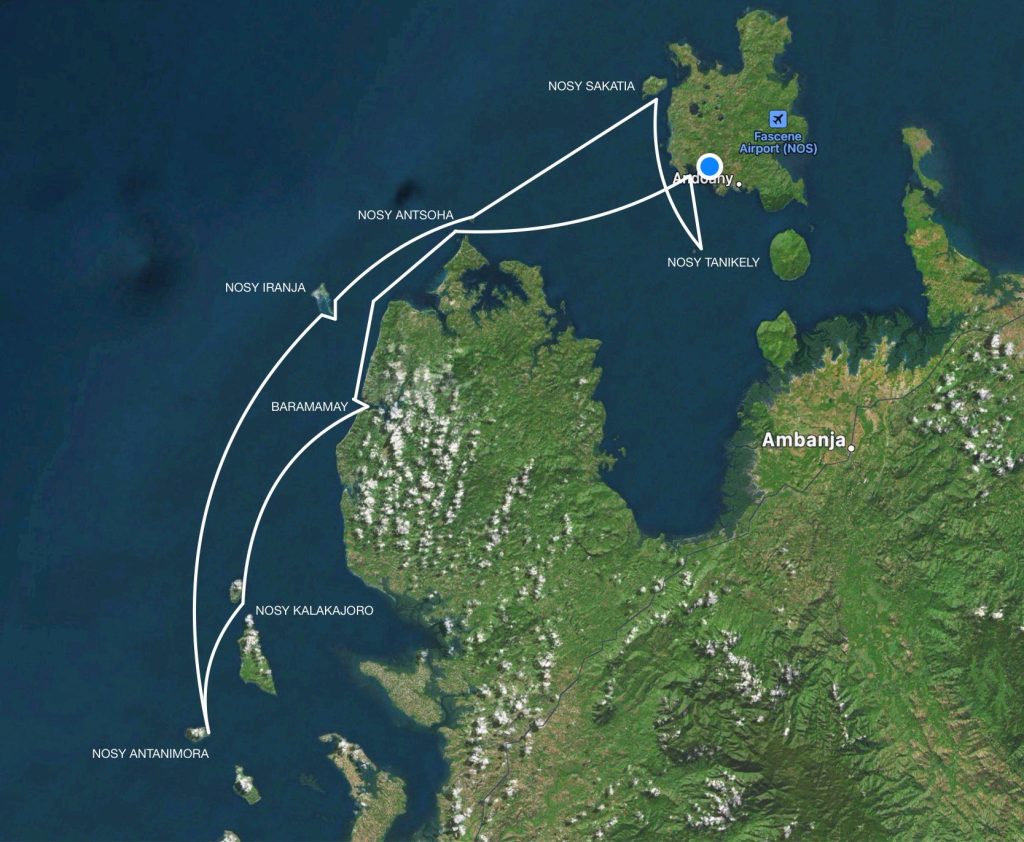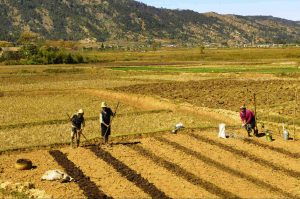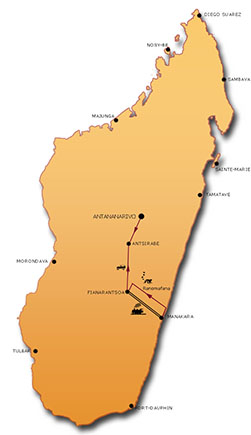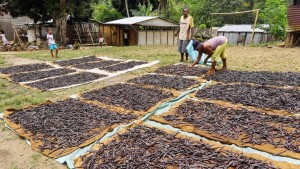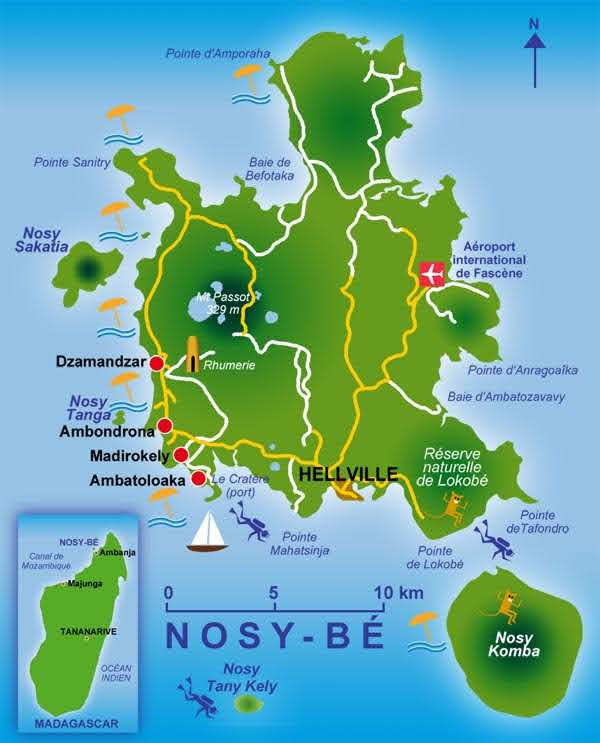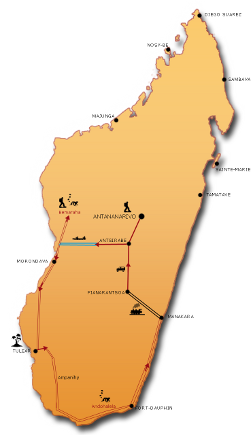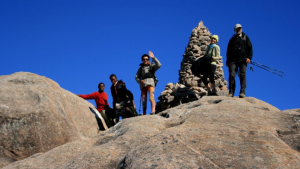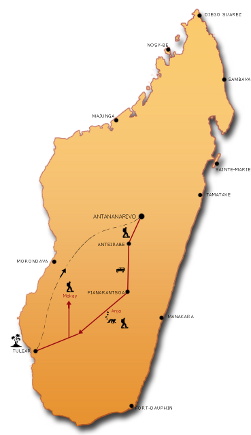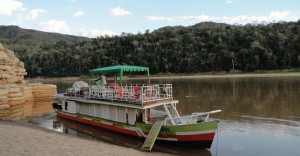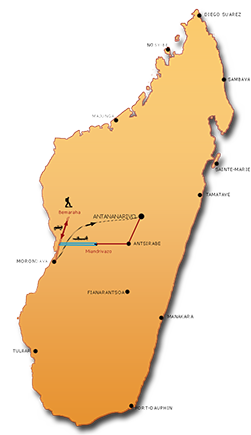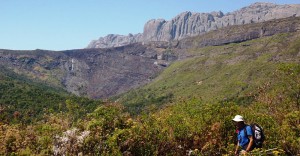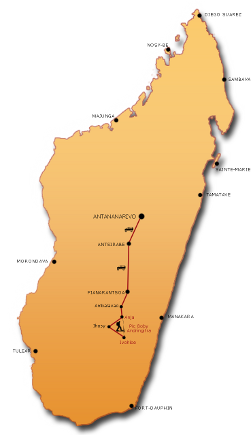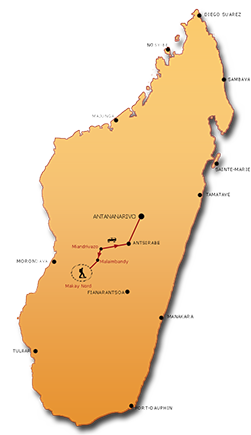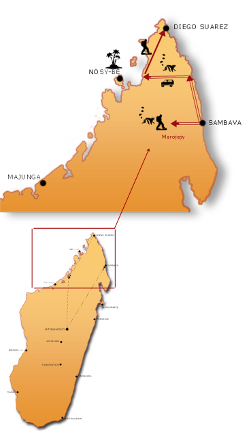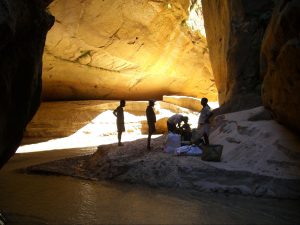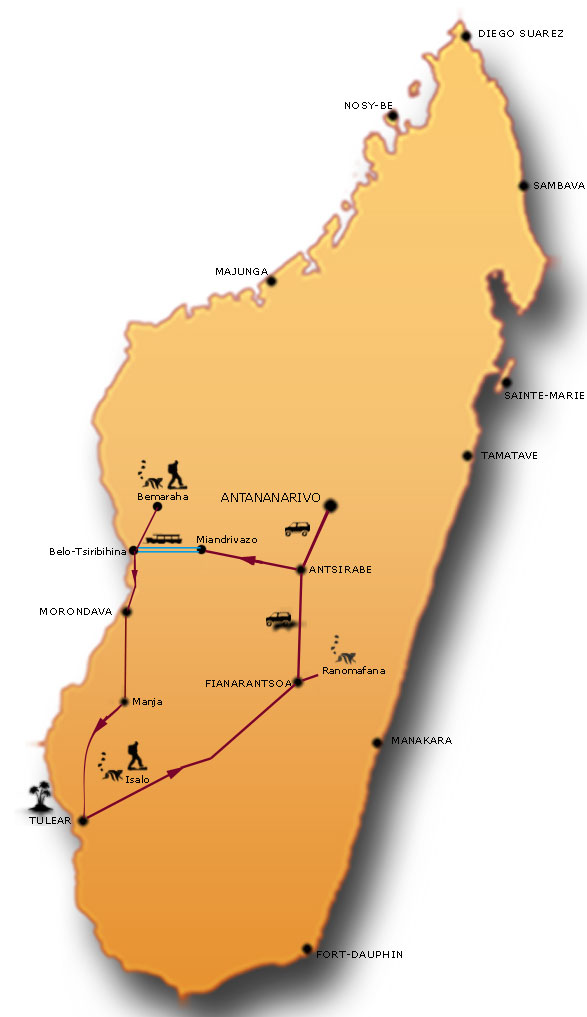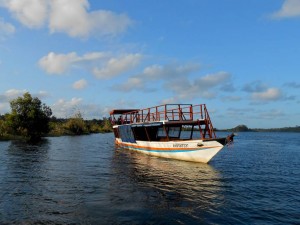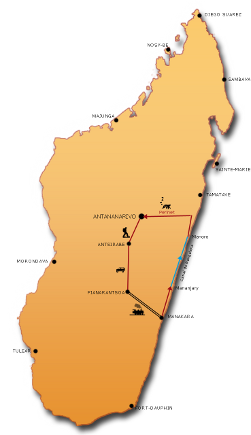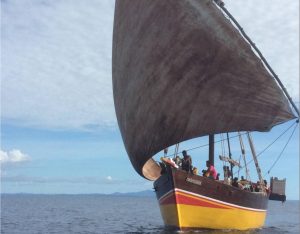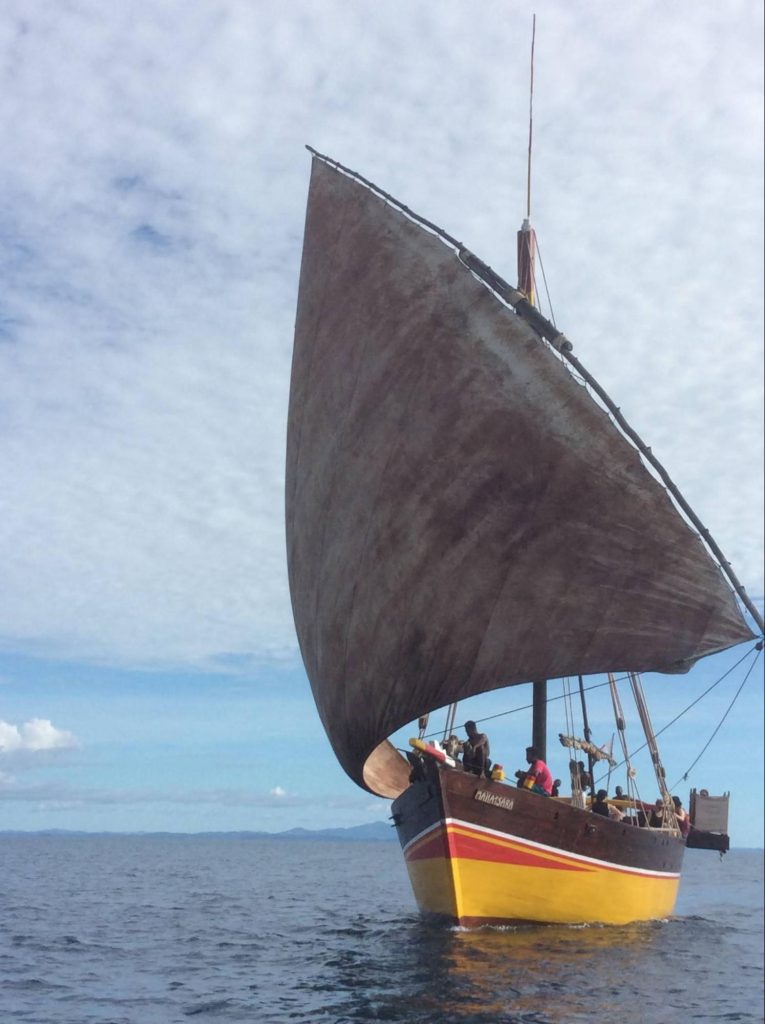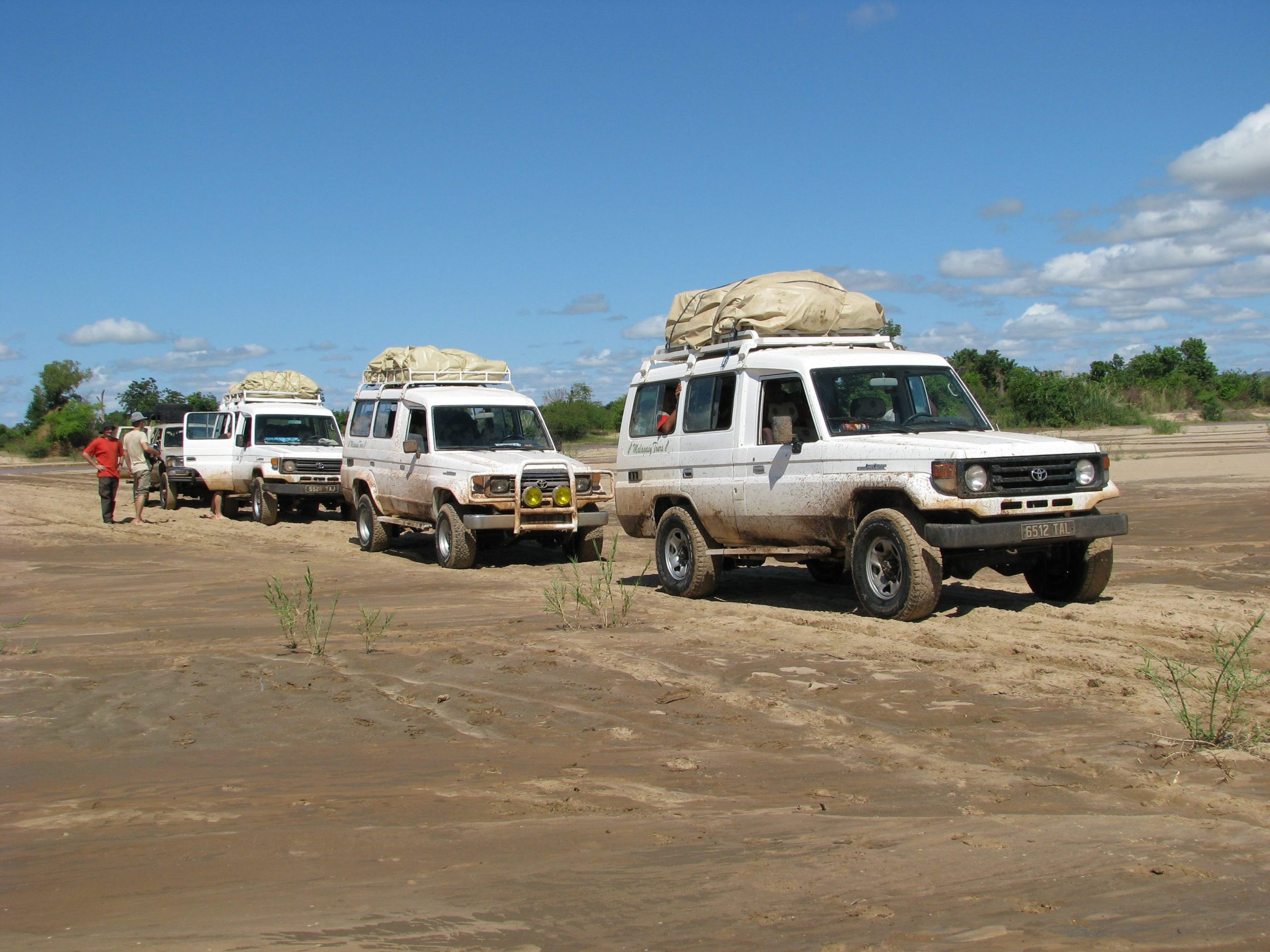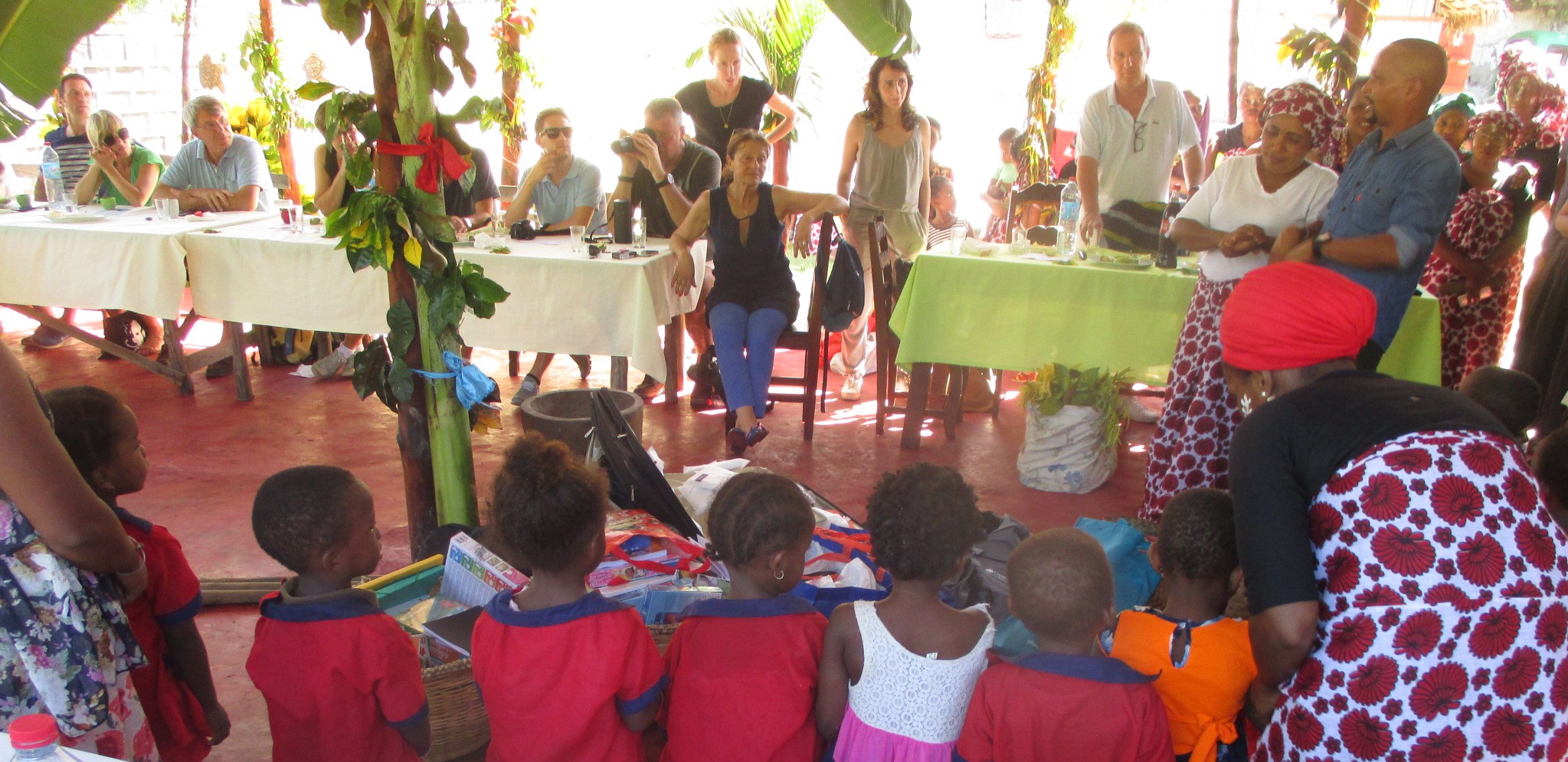The first republic will be chaired by Philibert Tsiranana from 1960 to 1972.
His political conciliated a social democratic and liberal economic ideology.
But in 1970, facing a stagnation of development, the contestation is gaining parts of the country.
The years 1972: 1975 will mark the transition to revolutionary socialism and nationalism whose “malgachisation” is the spearhead. In December 1975, Didier Ratsiraka, then unique candidate is elected President of the Republic. A new constitution opens the way to the II Republic.
The main lines of the policy followed by Ratsiraka and AREMA ( ruling party ) at this time, can be summarized as a foreign policy favouring relations with the countries of the ” Eastern bloc ” (USSR , North Korea … ) and the nationalization of key sectors of the economy ( banks, insurance industries ) which is also one of the highlights of the 2nd Republic.
March 27, 1993, Albert Zafy, democratically elected, became the third President of the Malagasy Republic. On August 6, 1993 marks the end of the transition and the advent of the III Republic based on a new constitution.
In 1997, new elections see the return of the Admiral, of which we can say that they were marked by a merger with France, the former colonial power and main investor and the privatization of numerous dying or non-existent branches of industry (telecommunications, banks, oil, etc.) with a significant development of export processing zones in particular in the textile sector.
The presidential elections of December 2001 were marked by a political crisis on a background of contesting election results, which lasted almost six months and caused a split in the country.
The candidate of TIM, Marc Ravalomanana is supported by a large part of the population of Antananarivo, with a general strike of the administration and the ministries on the basis of a contesting of the proclaimed results giving 46 % to Mr Ravalomanana and 40 to D. Ratsiraka.
The second round scheduled in February 28, 2002 will be boycotted after the first nomination of Marc Ravalomanana, on 22 February 2002.
The country counts then two presidents. June 26th, 2002, date of the anniversary of the independence of the country, will also be the date of the official recognition of the new President of the Malagasy Republic Marc Ravalomanana by the USA, the other western countries will then follow. The policy of the latter is motivated by a speech advocating the fight against corruption and a fast and long-lasting development..
Marc Ravalomanana was re-elected December 3, 2006 on the first round by an absolute majority, for a term of five years.
From January 2009, the beginning of a political crisis between the mayor of the capital, Andry Rajoelina and President Marc Ravalomanana, claimed many victims, mostly in Antananarivo. This led to the sudden departure of President Marc Ravalomanana and the takeover by Andry Rajoelina, later appointed President of the High Authority of Transition.
The High Constitutional Court legalized the accession to the presidency of the Republic of Rajoelina. The latter dissolves the National Assembly, the Senate, promises to draft a new constitution and to organize presidential and legislative elections within two years.
In March 2010, the African Union imposed sanctions against Rajoelina and leaders of the armed forces for obstructing the application of the power-sharing agreement of November 2009.
A new Constitution establishing the IVth Republic of Madagascar is approved by referendum in November 2010.
Ceaselessly postponed since 2009, general elections take place finally in October and December, 2013. Hery Rajaonarimampianina, Minister of Finance in the outgoing government, won the presidential ballot in the second round with 53,5 %. January 25th, 2014, new president takes office.




